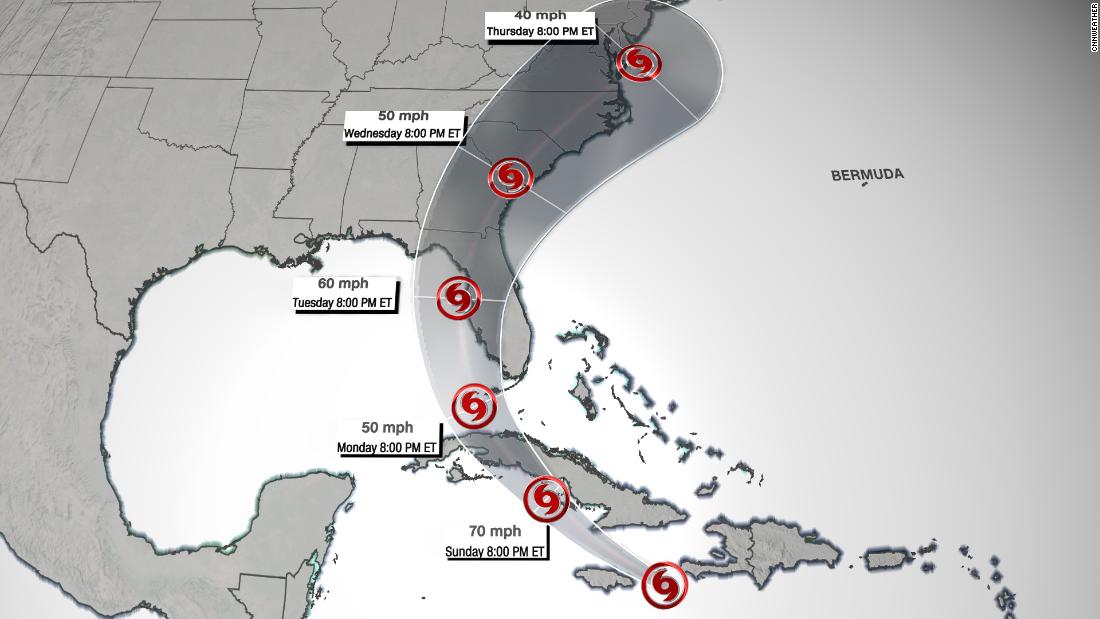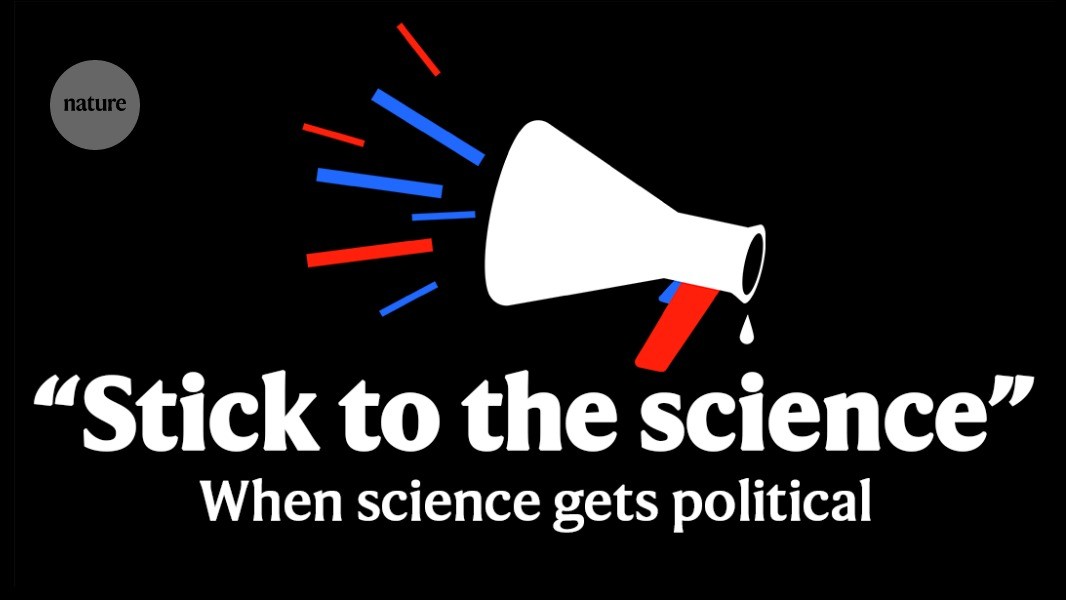
An era of uncertainty
In mid-January of this year I spoke on a 2024 predictions panel hosted by the excellent folks at Tidelift. The topic was open source software security, and after much excellent discussion from my fellow panelists, my concluding takeaway was that 2024 would be “a year of uncertainty”: uncertainty around new regulations, around who would be charged with figuring out how to follow them, around finding folks with the requisite skills (or training paths) and resources to do so.
As 2024 progressed, the phrase “year of uncertainty” struck me as increasingly applicable to the tech industry more broadly. It applied to uncertainty around generative AI and what it would mean for how we build and use software. Likewise to the waves of layoffs we’ve seen in the tech industry, with so many folks–early career devs and developer relations professionals especially–looking for jobs and trying to figure out what skills they can acquire to give themselves an edge. For my academic colleagues in both the humanities and computer science, there has also been uncertainty around the role all of this would play in how to prepare their students for what comes next.
I had an idea for a “year of uncertainty” write-up back in early June, and while I chatted with my colleague Rachel Stephens during an onsite she helped me think through some additional elements of uncertainty facing us during the (at that point) half-spent year. Many of them relate to–but have consequences beyond–the tech industry and academic spaces I frequent:





/cloudfront-us-east-2.images.arcpublishing.com/reuters/IUIUQZBMY5LZTBRO6IIF2Z4DH4.jpg)
















